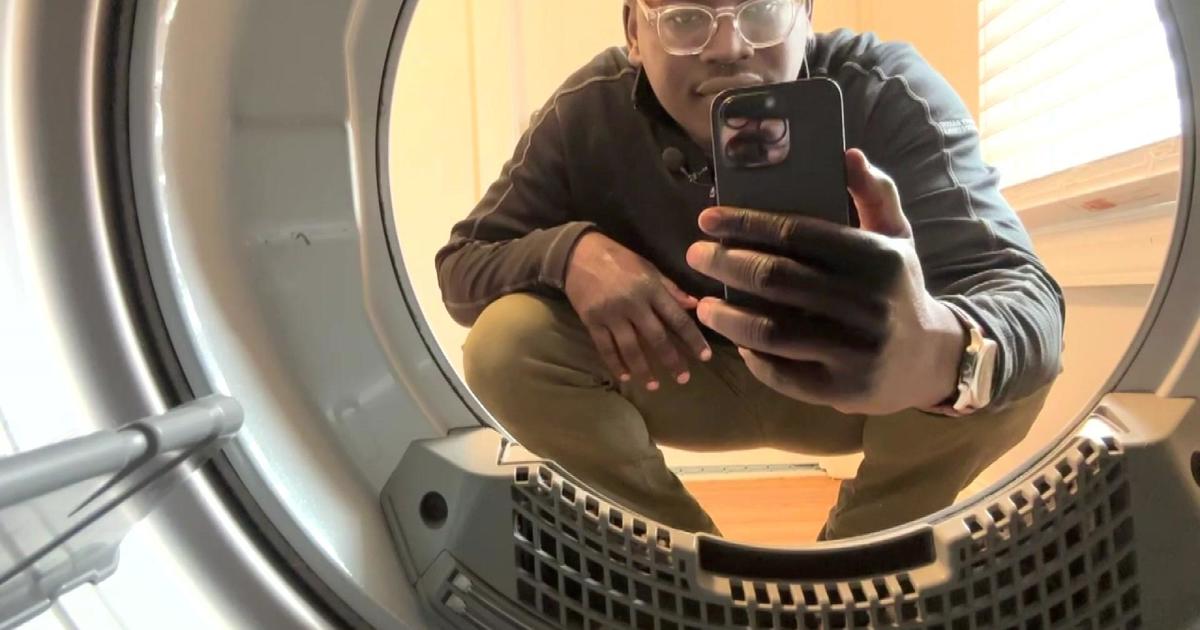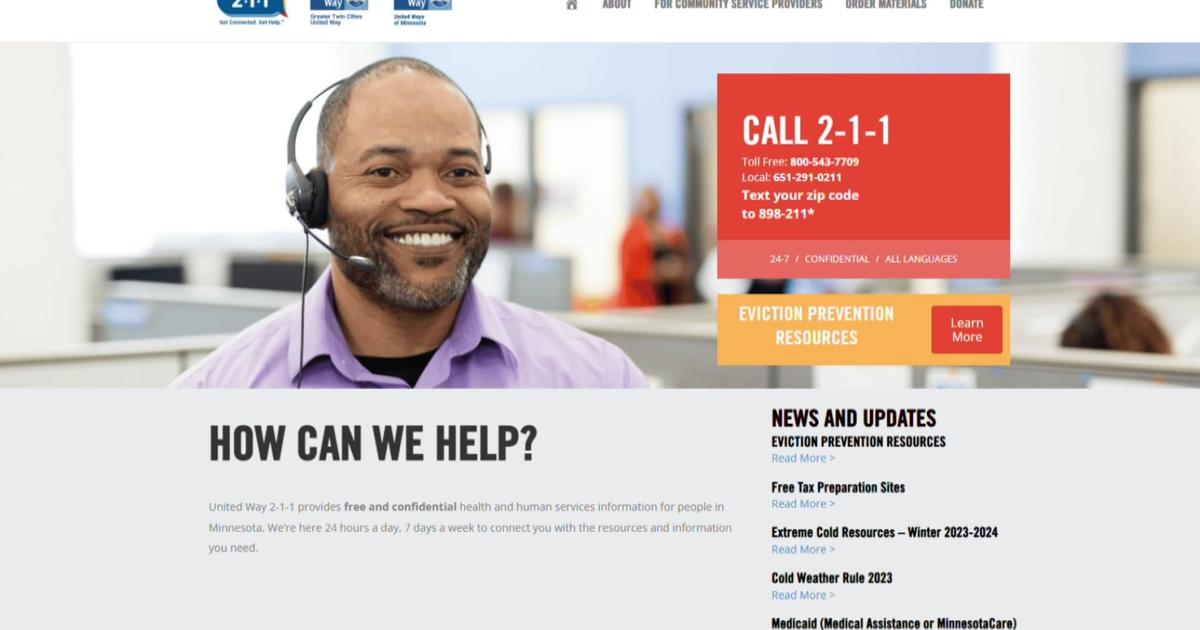Woman Tells Of Shoveling Dangers After Brain Injury
MINNEAPOLIS (WCCO) -- During the winter, there's no question snow can be treacherous. But sometimes ice is the really scary stuff.
"I never thought [I'd be hurt], never. I was just shoveling the driveway," said Amy Pahl, remembering the day of a light snow when she slipped and was knocked unconscious. She couldn't believe a simple fall on the ice could result in such a serious brain injury.
"Over the course of that week my brain swelled," said Pahl. "I even tried to go back to work. And by the time I was there, I call it, 'falling down the rabbit hole,' like 'Alice in Wonderland,' because it was like the world just started falling in on me. I was having so much trouble speaking. I was having so much trouble walking and moving."
Her condition worsened, especially the pain. Pahl began treatment and started extensive therapy.
"I think it's more common than we realize," said David King, Executive Director of the Brain Injury Association of Minnesota. He recommends a visit to the emergency room if a blow to the head causes someone to see stars or black out.
"The skull is not smooth on the inside like it is on the outside, and so it's that movement then sometimes that within the skull itself that can cause shearing or tearing of the brain," said King.
It's only now, almost three years later, that Pahl's back to a nearly-normal life. But she has to work at home, and she's a lot more careful.
"I won't let my brain injury stop my life. But I do rethink my footwear," said Pahl. "And I'm a high heel girl, I love my heels. But if it's snowy or it's icy out, fashion needs to become second."
Here are four recommendations to avoid falling when conditions are icy:
- Wear shoes or boots that are flat and have a good tread.
- Dress warmly. Being cold can cause shivering and tension, which can throw off balance.
- Use both feet getting out of a vehicle. Again, it's a matter of balance and having both feet firmly planted.
- Don't carry things that are difficult to see around, or go through an area that hasn't been shoveled or has bad lighting.
Thinking ahead can help prevent injury.
If someone is experiencing blurred vision, dizziness, confusion, trouble balancing, headaches, nausea or vomiting, they should definitely get medical help.
The most important treatment for a brain injury is rest.
Joan Gilbertson, Producer
Contact Joan



